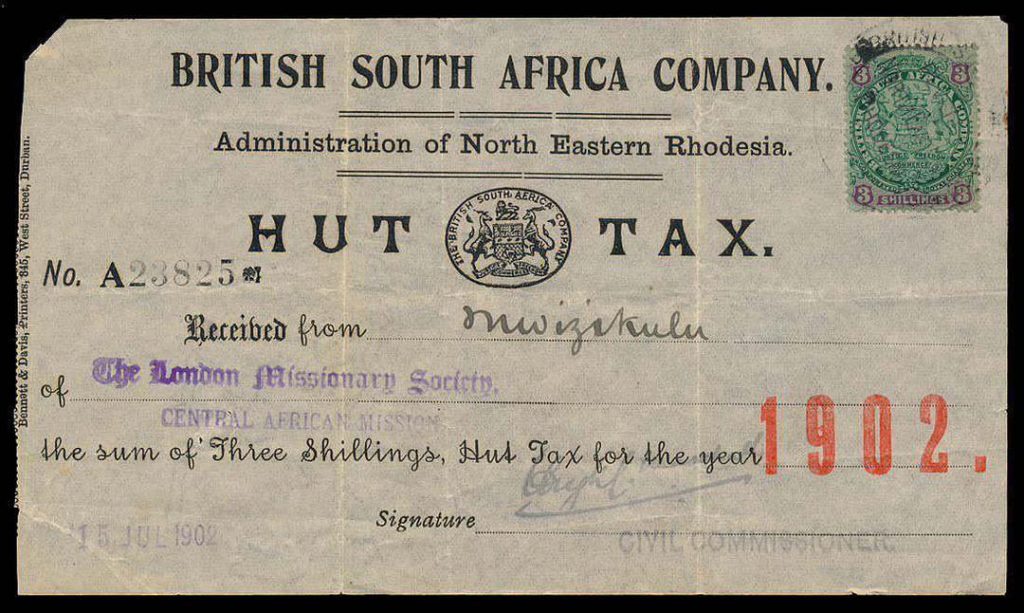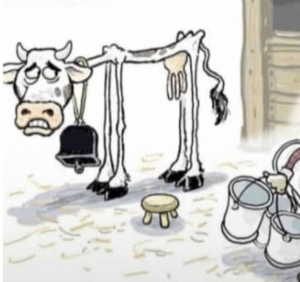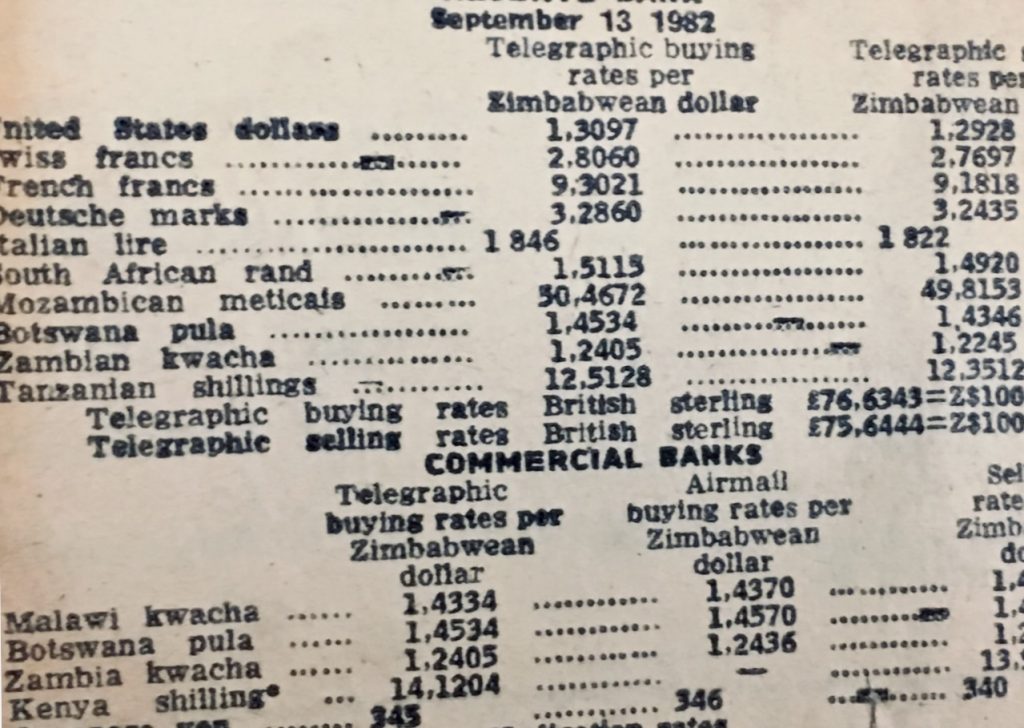A new “hut tax,” going for broke?
In his just-delivered budget speech, the finance minister wants to bring in a new property tax. He is proposing a one percent levy on homes in the wealthier bracket – i.e. a very small percentage of the population.
What remains to be seen is whether the country’s elite, owners of properties worth tens of millions, will have the proposal stopped in it tracks when it comes up for approval in parliament. Powerful politicians are notable tax evaders.
If a house is valued at US$ 400,000 it would be taxed US$ 4,000 per year. If it’s occupied by tenants the rents will simply be bumped up to cover it. Low cost housing and shacks in the ghetto are exempt. And it begs a question: Who will evaluate the properties, some faceless, poorly informed bureaucrat?

In distant colonial times a hated “hut tax” was demanded of villagers. As far back as 1902 they were asked to pay three British pennies per year on their mud and thatch huts, quite a sum for those unfamiliar with the entire concept of money.
The hut tax was meant to encourage locals to earn money by working for settlers in developing the land and its resources. (Click on the link below to see why Indians built railways and stayed on to open little shops all over Africa.)
One of my ancestors, who came here in 1896 after losing a fortune in Scotland, paid six pennies for a revenue stamp, adorned with red sealing wax, to confirm his claim to a fairly sizeable chunk of free land.
 Money minister Mthuli Ncube also asks for a tax on Coca Cola, not alcohol and cigarettes this time. He says sweet drinks will be part of a general sugar tax to help fight diabetes, blood pressure, obesity, cancers and HIV-Aids, our common killers.
Money minister Mthuli Ncube also asks for a tax on Coca Cola, not alcohol and cigarettes this time. He says sweet drinks will be part of a general sugar tax to help fight diabetes, blood pressure, obesity, cancers and HIV-Aids, our common killers.
We are big sugar eaters. It is not unusual to see four spoons of sugar going into a cup of tea.
My Scottish ancestors and those alongside him doled out sugar to keep the natives sweet when taking their land, like a child gets chocolate.
It will be interesting to see if the finance minister’s budget gets through. In any case, the cow has already been milked to near death.
angus-shaw.com/the-story-of-rail-colonel-patterson-in-the-1890s
Those were the days … just after independence. ZW$ 1.3 to one US$. Today the ZW$ is worthless, hovering around 7,000-1


One wonders if ministerial and party hack properties in the high-end suburbs will be exempted…